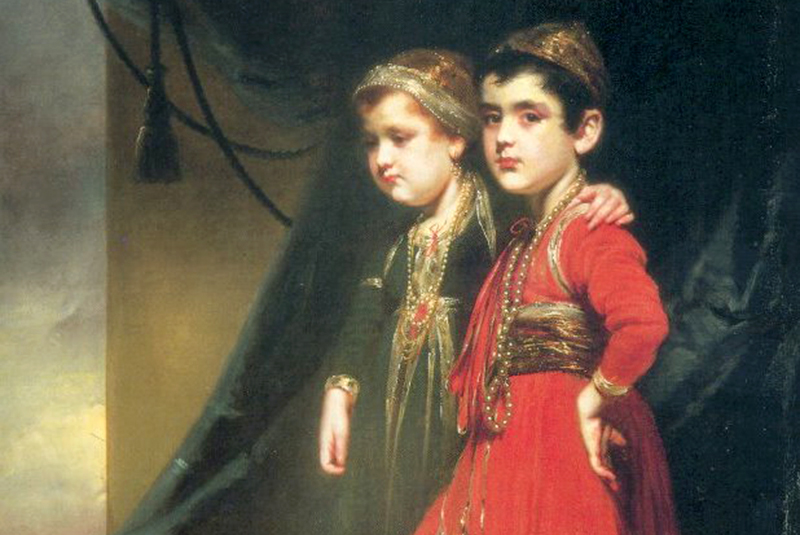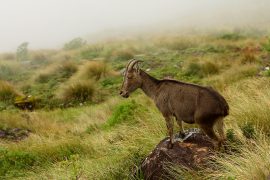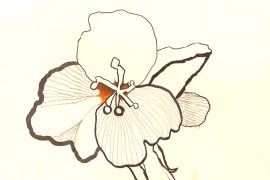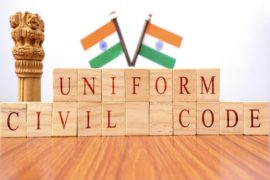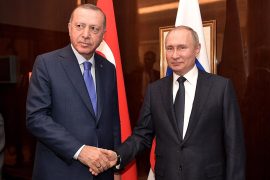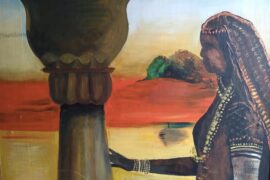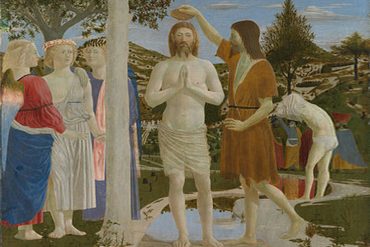The Duke and Duchess of Cambridge, Prince William and Catherine Middleton, have just had their third child, a baby boy. The newest arrival to the British royal family is the fifth in line to the British throne and is a welcome addition to the list of British royals with a Gujarati Indian ancestry; In 2013, DNA tests revealed that Prince William is the direct descendant of an Indian woman, Eliza Newark of Surat, Gujarat.
In fact, India’s genealogical connections and ancestral links extend far beyond the British royal family, and sometimes even reflected in musical compositions.
Perhaps the most recognizable melody from any opera is the French composer Léo Delibes’ flower duet from ‘Lakmé.’ Since Delibes wrote it in 1882, it has featured in elevators, ringtones, and even a British Airways ad. It’s a beautiful duet of two soprano voices, equal parts calming as it is uplifting. But not many are aware that the story it was written for is a song that continues to this day – that of mixed-race relationships in India.
The plot of Lakmé revolved around the daughter of a Brahmin temple priest and her relationship with a British soldier, Gerard. It’s based on a semi-autobiographical novel by Pierre Loti, Rarahu, where the girl in question is Tahitian. Both works play on the idea of Europeans finding love in the exotic Orient. It was an idea with many legs in reality. Across India, throughout the colonial era, Europeans married and had children with Indians.
Copyright©Madras Courier, All Rights Reserved. You may share using our article tools. Please don't cut articles from madrascourier.com and redistribute by email, post to the web, mobile phone or social media.Please send in your feed back and comments to editor@madrascourier.com

